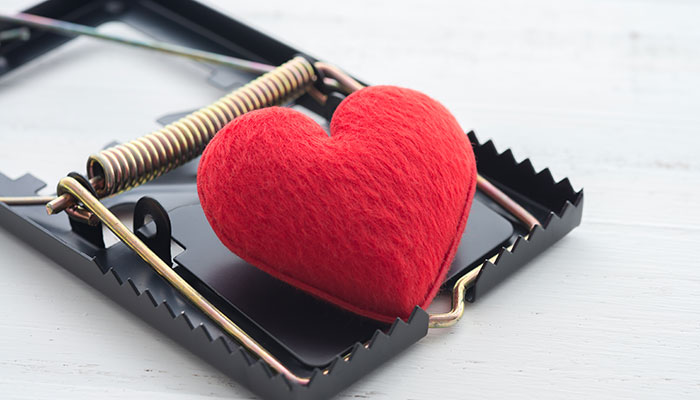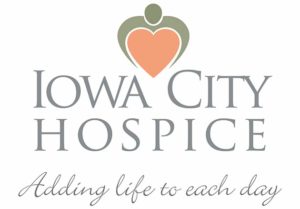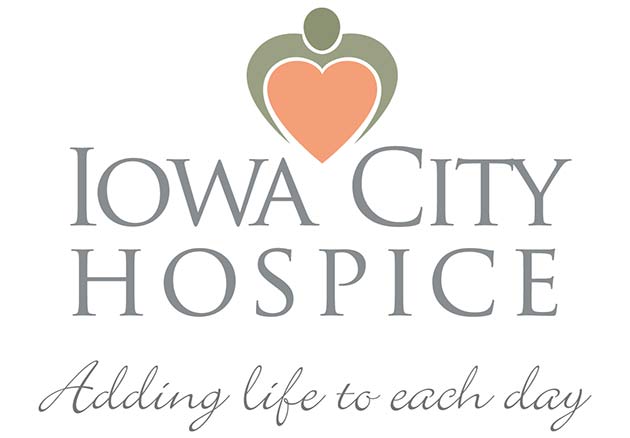Family Caregiver Connection
Helpful tips for family caregivers
February/March 2022
It’s February and romance is in the air. If the person you care for is smitten by an Internet sweetheart, that could be delightful news. But keep your antennae up. If the object of their affections starts asking for money, it could be a romance scam. In our middle article we address a common concern for those on Medicaid: Keeping the house in the family. Last, for those dealing with chemo, we offer strategies to help stave off the common side effect of nausea.
- Signs of an online "sweetheart scam"
- Protecting the house from Medicaid
- Reducing the nausea of chemo
Signs of an online "sweetheart scam"
 Romance crime is on the rise. Over 25,000 people reported a sweetheart scam to the Federal Trade Commission (FTC) in 2019, a threefold increase since 2016. Individuals age 65 and older were the hardest hit, with a median loss of $9465 (across all ages, the median loss was $2500 per individual). If your loved one has been taken advantage of, they are not alone! Romance scams are the second most common crime reported to the FBI.
Romance crime is on the rise. Over 25,000 people reported a sweetheart scam to the Federal Trade Commission (FTC) in 2019, a threefold increase since 2016. Individuals age 65 and older were the hardest hit, with a median loss of $9465 (across all ages, the median loss was $2500 per individual). If your loved one has been taken advantage of, they are not alone! Romance scams are the second most common crime reported to the FBI.
The key red flags
- The individual’s profile seems too good to be true. They dodge phone or video chats.
- The relationship moves very quickly, with professions of love, even talk of marriage.
- They live far away, and something always keeps them from visiting in person.
- They ask for money. Maybe a phone card at first, then for help with an urgent problem.
- They are particular about how the money is sent. They want wire transfers and gift cards. This provides them quick cash; plus, they remain anonymous.
If you suspect a scam
Be careful how you bring this up with your loved one. They have fond feelings for this person and will feel foolish, and hurt, if it turns out to be a sham. Be empathetic and help them save face. “Gosh, Mom, this guy sounds great. I’m curious to know more about him.” Then:
- Start by sharing the signs of a scam.
- Talk about how frequently this is happening. “I want to be extra careful for you.”
- Reverse look up the photo of their sweetheart. (Go to images.google.com and drag the photo to the window.) If it appears in many other places, likely it’s a false identity.
- Suggest your loved one call the confidential Fraud Fighter Line at AARP: 800-646-2283 toll-free. They may need to leave a voice mail, but when they receive a call back, they can share their story and see if it’s similar to others reported to AARP.
- Encourage them to help the authorities combat this crime. They can report it to the FTC (ReportFraud.ftc.gov) and to the social media or dating platform. The shift to protecting others can be empowering. It gives them a positive way to channel their anger and hurt.
- Help them block all future contact with the fraudster.
Protecting the house from Medicaid
 Care in a nursing home is expensive. For an extended stay, most people will need to pay quite a bit out of their own pocket. If there are no savings, Medicaid—the joint state-federal health insurance for low-income individuals—will step in.
Care in a nursing home is expensive. For an extended stay, most people will need to pay quite a bit out of their own pocket. If there are no savings, Medicaid—the joint state-federal health insurance for low-income individuals—will step in.
But it’s not a free ride. Medicaid allows recipients living in nursing homes to own a house and keep it, as long as they sign a document saying they intend to return. Upon their death, things change. The state is obligated to taxpayers to seek reimbursement from the Medicaid recipient’s estate.
There are exemptions to protect heirs and the home. Medicaid varies by state. As a rule, the government cannot interrupt inheritance and recover costs in the following situations:
- If there is a surviving spouse, no matter where they live
- If there is a child caregiver—meaning a daughter or son—who can demonstrate they provided care that delayed institutionalization. They can inherit the house if they are living in it at the time of death, and lived in it two years prior to the deceased moving to the nursing home
- If there is a surviving child under age 21 or who is blind or disabled. The child does not need to live in the house
- If there is a sibling who is a part owner. They need to be living in the home at the time of death and have lived there at least one year prior to the deceased’s moving into the nursing home
- If “undue hardship” can be proven. This relates to low-income situations such as a family farm where heirs rely upon the farm for income, and that income is limited
The laws surrounding Medicaid are complex. Work with an experienced attorney in the state where your loved one lives. Planning years ahead is the best course.
Return to topReducing the nausea of chemo
 If a loved one in your life is undergoing chemotherapy for cancer, very likely they are dealing with the common side effects of nausea and vomiting. Not fun. Encourage them to follow these tips.
If a loved one in your life is undergoing chemotherapy for cancer, very likely they are dealing with the common side effects of nausea and vomiting. Not fun. Encourage them to follow these tips.
To reduce nausea/vomiting
- Avoid strong odors: Reduce exposure to cooking, perfume, and smoke. Keep the house well ventilated. Spend time outside.
- Wear loose-fitting clothing.
- Do not lie down until two hours after eating.
- Do quiet but enjoyable activities that distract the mind. For instance, talk with friends or watch movies.
- Address anxiety with relaxation techniques such as deep breathing and guided imagery.
Tips for eating and drinking
- Eat six to eight small meals rather than three large ones.
- Avoid foods that are smelly, fried, fatty, or sweet.
- Stick to mildly flavored, low-fiber foods: cream of wheat, pasta, potatoes without skins, yogurt, eggs, bananas, applesauce, jello. Perhaps bland cheeses or fish.
- Eat dried breads such as crackers, toast, or pretzels.
- Sip broth or pureed soups.
- Drink fluids between meals rather than with meals.
- Avoid alcohol, caffeine, and carbonated drinks.
- Concentrate on clear fluids (herbal tea, bouillon, or light juices such as apple juice). Avoid orange juice and other acidic fluids.
- Suck on ice chips or popsicles.
- Chew spearmint gum or drink spearmint tea.
Ask for antinausea medicine. In one study the addition of ¼ tsp. of dried ginger with the medication eliminated nausea by 40%.
Although nausea sometimes begins as soon as a chemo session starts, for most people it’s not until one to three hours later. Eating a light meal during this time frame may be wise. At least crackers and broth. Most nausea resolves within 24 hours. Some people experience nausea or vomiting the day before treatment. Or even when walking into the treatment building. Such “anticipatory nausea” is real and should be treated as seriously as nausea that occurs after chemo.
Return to top
